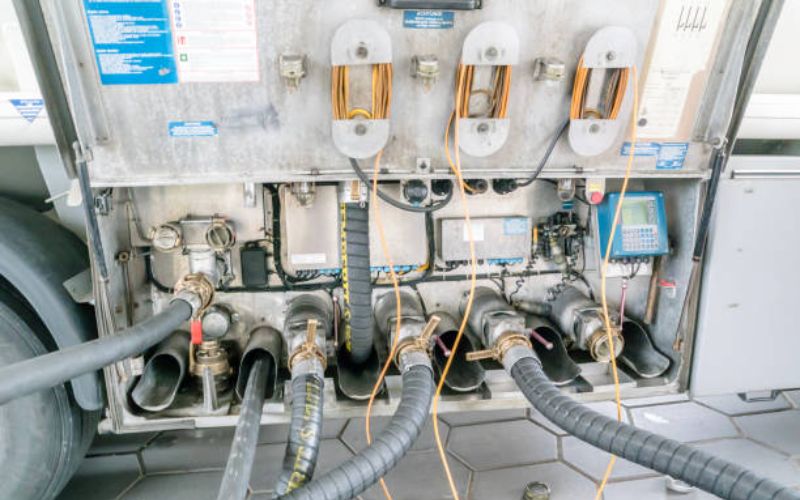Understanding the Relationship Between Heatpipes and Cooling Performance
Heatpipes are a vital component in many PC cooling systems, and when it comes to selecting a CPU cooler, you may have heard the argument that more heatpipes are always better. But is that true, and does the number of heatpipes really make a significant difference in cooling performance? In this article, we will explore the science behind heatpipes and how they affect cooling capabilities.
What Are Heatpipes and How Do They Work?
Heatpipes are essentially a transfer mechanism for heat. Their purpose is to move heat away from the source (i.e., the CPU) and dissipate it into the surrounding environment. Heatpipes use a combination of evaporation and condensation to achieve this effect, which means that the heat from the CPU causes a liquid (usually water) to evaporate, and then that vapor moves to the cooler end of the pipe where it condenses and releases heat into the environment.
How Do Heatpipes Affect Cooling Performance?
The number of heatpipes in a CPU cooler can affect its cooling performance because more heatpipes mean more surface area for the heat to dissipate into the environment. However, simply adding more heatpipes may not necessarily result in better cooling performance. The overall design and efficiency of the cooler can also play a significant role in how well it performs.
What Other Factors Affect Cooling Performance?
Aside from the number of heatpipes, there are several other factors that can influence cooling performance. One of the most important is the size and shape of the heatsink. A larger and more efficient heatsink can disperse more heat, resulting in better cooling performance. Additionally, factors such as the fan speed, noise level, and overall build quality can all contribute to how well a cooler performs.
Is More Always Better?
While it's true that more heatpipes can lead to better cooling performance, there comes a point of diminishing returns. For instance, adding more heatpipes to a cooler may not make much of a difference if the heatsink is not large enough to effectively dissipate the heat. In other words, it's important to strike a balance between the number of heatpipes and the overall design and efficiency of the cooler.
What About Budget Considerations?
If you're shopping for a CPU cooler on a budget, it may not always be feasible to opt for a cooler with more heatpipes. However, this doesn't mean you have to sacrifice cooling performance. There are many high-quality coolers on the market that may only have a few heatpipes but use other design features to increase cooling performance.
What Type of Processor Are You Cooling?
When choosing a CPU cooler, it's also important to take into consideration the type of processor you're cooling. High-end processors such as Intel's Core i9 or AMD's Ryzen Threadripper generate a lot more heat than standard consumer-grade processors. Therefore, if you're planning on using one of these high-end processors, a cooler with more heatpipes or larger heatsink may be necessary to effectively dissipate the heat.
What About Overclocking?
If you plan on overclocking your CPU, you'll likely need a more robust cooling solution. Overclocking can lead to higher temperatures and more heat output, so a cooler with more heatpipes or a larger heatsink may be necessary to prevent thermal throttling or damage to your processor.
Which Coolers Tend to Have More Heatpipes?
There isn't a specific rule as to which coolers tend to have more heatpipes, as it varies from manufacturer to manufacturer. However, generally speaking, higher-end coolers tend to have more heatpipes and larger heatsinks, as they are designed to handle more heat output.
So, Does more heatpipes mean better cooling??
In conclusion, the number of heatpipes in a CPU cooler can certainly affect its cooling performance, but it's important to take into account other factors such as the size and shape of the heatsink, the fan speed, noise level, and overall build quality. Additionally, how many heatpipes you need will depend on factors such as the type of processor you're cooling and whether or not you plan on overclocking. Ultimately, the best way to determine which cooler is right for your needs is to do your research and carefully consider your specific requirements and budget.

